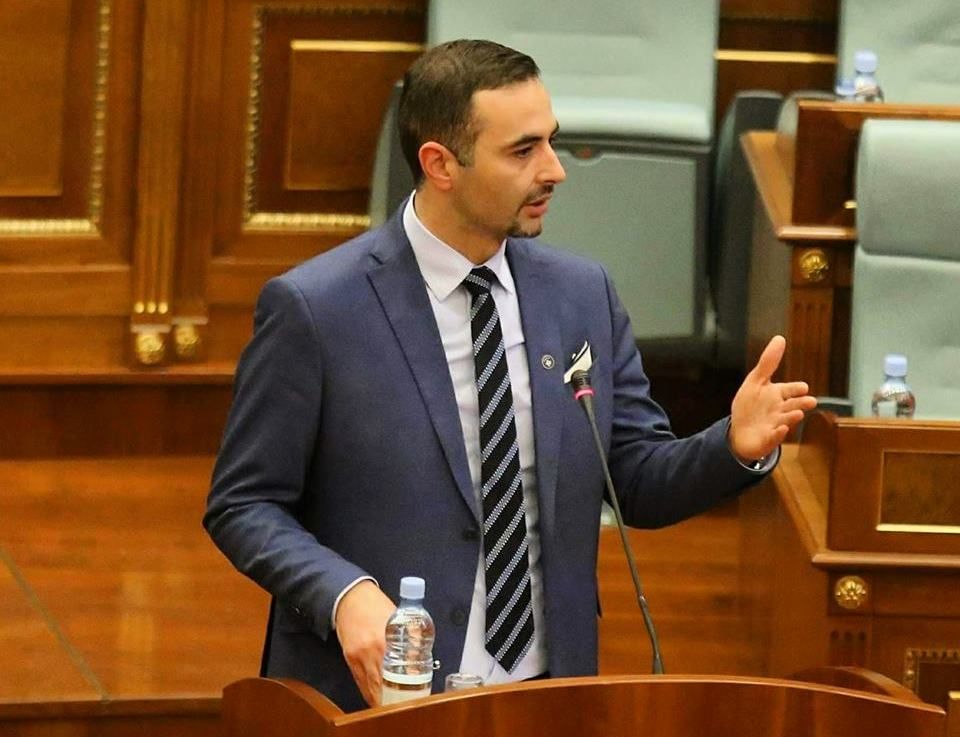The Kosovo Assembly adopted the Energy Strategy 2017-2026
Pristhina, 27.01.2018 – The Assembly of the Republic of
Kosovo, yesterday adopted the Energy Strategy 2017-2026, one of the most
important documents that determine the developmental direction for the sector.
Minister of Economic Development, Valdrin Lluka, in a presentation in front of
MPs, said that the Energy Strategy aims to create a developed energy sector,
which is friendly to the environment and health, supporting economic
development and social wellbeing in Kosovo, under a free and competitive
market.
According to him, achieving this goal is based on 5
strategic objectives: 1. Security of sustainable and quality supply of
electricity with the necessary capacities for a stable electricity system;
2. Integration in the Regional Energy
Market; 3. Enhancing existing capacities of thermal systems and building new
capacities; 4. Development of natural
gas infrastructure; 5. Fulfillment of
objectives and obligations in the field of energy efficiency, renewable energy
sources and environmental protection.
Further, Minister Lluka presented the main elements of this
document and highlighted that the security of reliable, sustainable and
uninterrupted power supply is a condition for sustainable economic development.
According to this strategy, the Government will continue to support the
construction of the Power Plant Kosova e Re with a net capacity of 450 MW with
private sector investments in the framework of the public-private partnership
and the continuation of current generation capacities, respectively their
rehabilitation up to the construction of new capacities, without preventing
supply for the district heating plant Termokos.
Minister Lluka highlighted that they aim to create support
policies for investors through application of best practices in the region for
the application of support schemes to promote electricity generation from RES,
and the plan is to have around 400 MW generated from renewable sources within
this period.
Another priority in this sector is integration with the
regional energy market, which contributes to increased security of energy, and
also reflects commitments in the framework of the framework of the
interconnection agenda of Western Balkan countries.
Important elements of this document are the increase of energy efficiency
measures; expansion of existing thermal energy systems; development of all
preconditions for the construction of natural gas infrastructure and treatment
of communities affected by electricity generation activities.
Otherwise, based on the EU’s energy sector development
policies, the Strategy has identified the need for energy sector studies which
includes the period up to 2040, and will take place during the first three
years.

